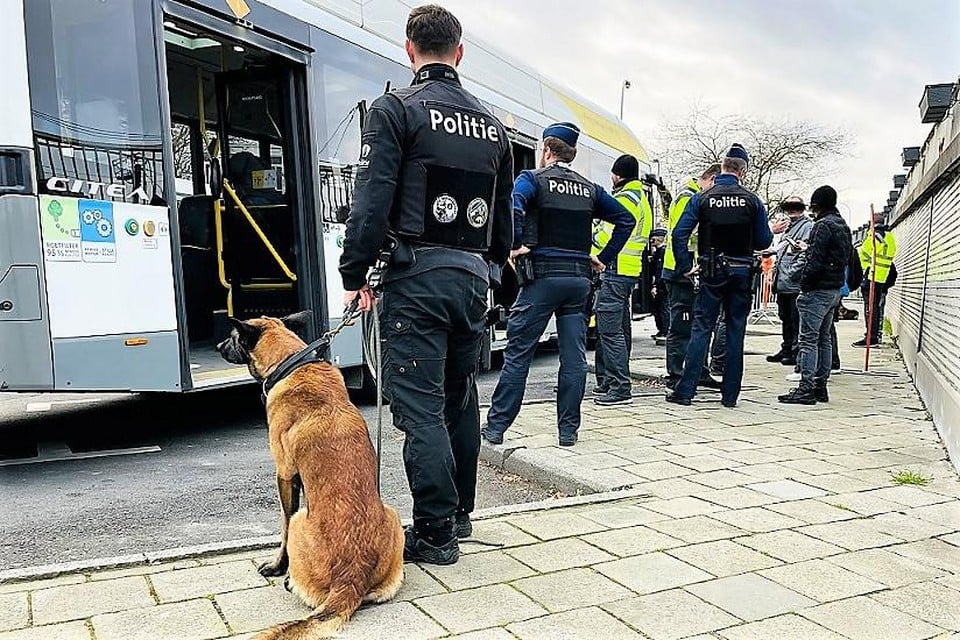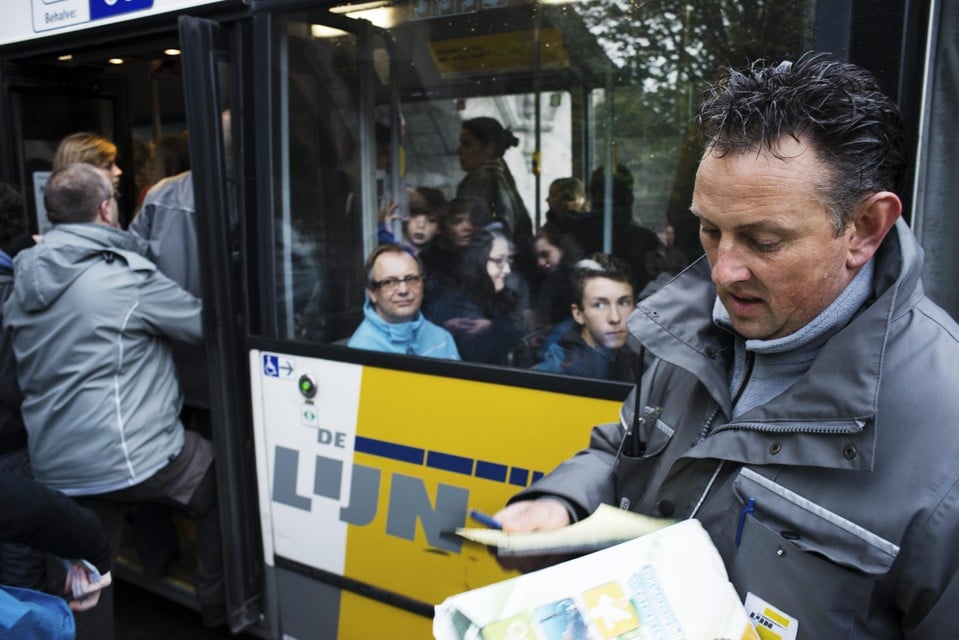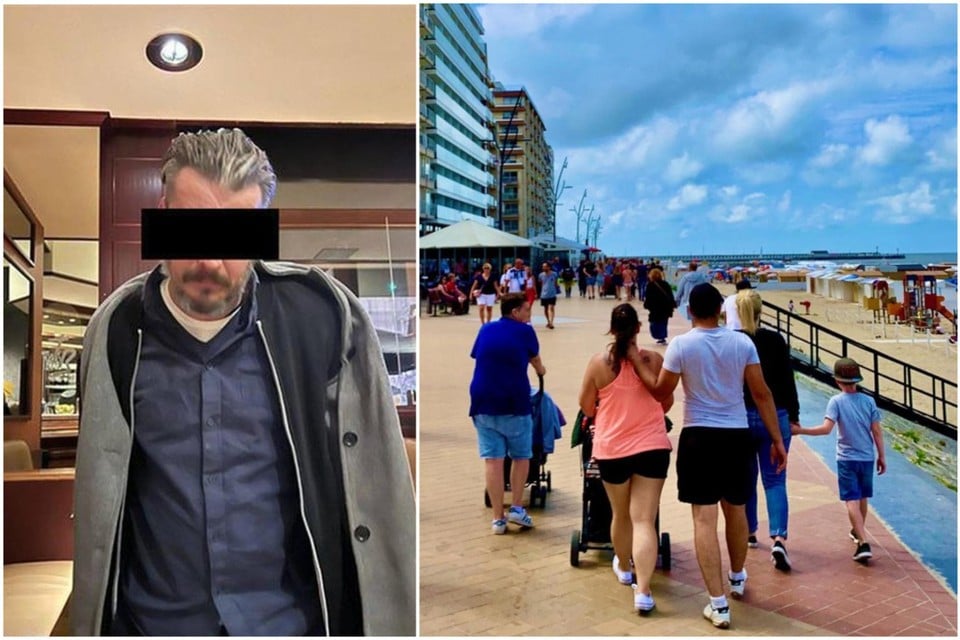AI, entrance gates and higher fines: De Lijn is launching action plan against black driving

© Bas de Wilde
The Flemish public transport company De Lijn is launching an action plan against black driving. This focuses on data and artificial intelligence to detect risk lines and moments. Following the rates, the fines also increase by 18 percent.
The Flemish Coalition Agreement stipulates that the tackling of black driving at De Lijn must yield 30 million euros in income annually. From the second quarter of 2025, the line is therefore rolling out the new action plan.
An important pillar is the use of data and artificial intelligence to detect risk lines and moments. For example, the intention is to make count cameras, passenger data and machine learning To be used for targeted checks in places and times where black driving is most common. « We are focusing on a smart approach that uses our resources much more targeted, » says Ann Schoubs, general manager of De Lijn, in a press release.
The action plan contains a mix of measures. For example, De Lijn recruits extra inspectors, and wants to increase its deployment, with specific targets per region. Bus counselors will also be able to carry out checks. Moreover, checks are no longer announced in advance. De Lijn continues with controls in collaboration with local police zones, but will also look for support from external security firms such as G4S.
Furthermore, the premetro in Antwerp will receive access gates, as previously announced. In the front on the bus, it is mandatory again, it sounds in the press release. And De Lijn wants to get drivers a bodycam in addition to inspectors to prevent aggression.
Finally, the penalty process will be reformed for more efficient collection, for example via automatic collection. And the amount of the fines is also raised by 18 percent, following the rates. The fines will then evaluate with the health index. According to Schoubs, who also referred to the plan in the Mobility Committee of the Flemish Parliament, it is a question of avoiding « the business case of black driving becomes more interesting ».
According to Flemish minister Annick de Ridder (N-VA), the safety of drivers and travelers is also central, including the Bodycams. « We use zero tolerance towards aggression, » says De Ridder. De Ridder says that it is the ambition of the plan to not only reduce black driving, but also see the transport income rise, to make the fine policy more efficient and to have a positive impact on customer satisfaction and safety. The first results are expected in the third quarter of 2025.
© RR








